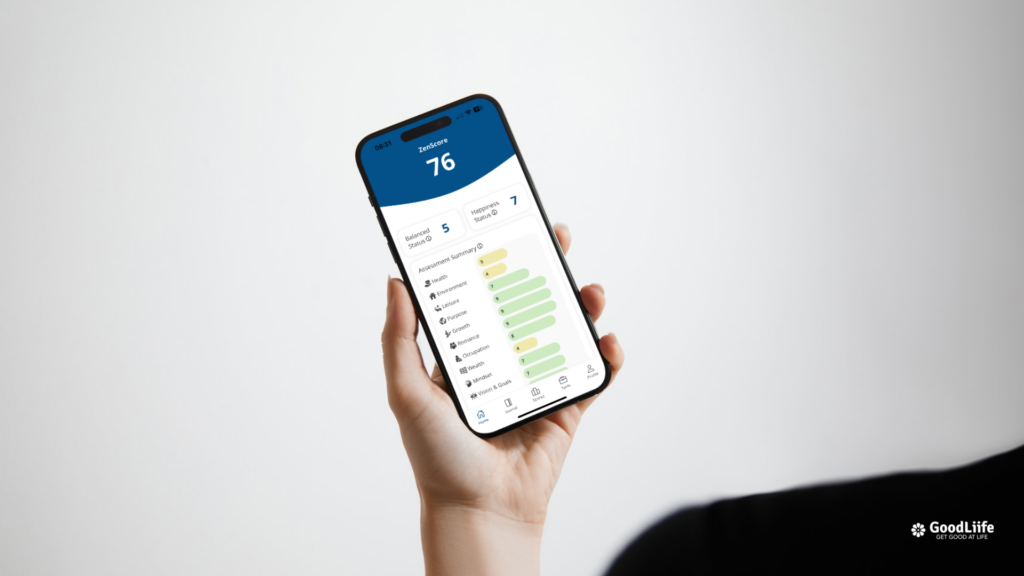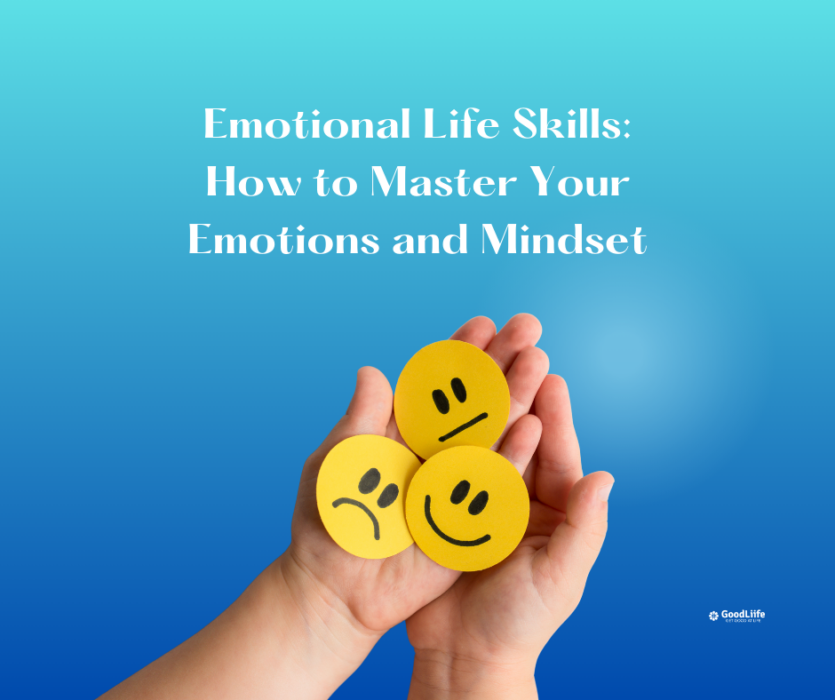In a world full of uncertainty, developing strong emotional life skills is no longer optional—it’s essential. Whether you’re navigating personal relationships, dealing with career pressures, or working on self-growth, mastering your emotions can profoundly shape your confidence, resilience, and overall well-being.
What Are Emotional Life Skills?
Emotional life skills are the abilities that allow you to understand, express, and regulate your emotions effectively. They are the foundation of emotional intelligence (EQ), which includes:
- Self-awareness: Recognizing your emotions as they happen.
- Self-regulation: Managing emotional responses in a constructive way.
- Empathy: Understanding and relating to the emotions of others.
- Social skills: Navigating relationships with care and effectiveness.
- Motivation: Channeling emotions to stay focused and driven.
These skills shape how you respond to challenges, build connections, and make decisions under pressure.
Why Emotional Life Skills Matter
Without strong emotional life skills, even the most intellectually capable individuals may struggle in their personal or professional lives. Here’s why they’re vital:
1. Better Relationships
Understanding your emotions—and those of others—improves communication, reduces conflict, and creates deeper, more meaningful connections.
2. Stress Reduction
When you learn to manage anger, anxiety, and frustration, you experience less emotional reactivity and more calm during tense moments.
3. Improved Mental Health
Emotional regulation reduces the risk of burnout, anxiety, and depression, and promotes a more balanced, grounded mindset.
4. Greater Confidence and Self-Respect
People with strong emotional intelligence tend to have higher self-esteem and confidence because they trust their ability to handle tough situations.

How to Develop Emotional Life Skills
Building emotional intelligence is a lifelong journey. Here are practical ways to enhance your emotional life skills:
1. Practice Mindfulness
Mindfulness increases self-awareness by helping you observe your thoughts and emotions without judgment. Start with just five minutes a day of deep breathing or meditation.
2. Label Your Emotions
When you feel something intense, give it a name. Are you angry, frustrated, or disappointed? Labeling emotions helps deactivate them and gives you clarity.
3. Pause Before Reacting
Take a beat before responding—especially in emotional situations. This short pause allows your rational brain to catch up with your emotional response.
4. Journal Regularly
Writing about your emotional experiences helps you process them and gain insight. Ask yourself what triggered an emotion, how you responded, and what you learned.
5. Seek Feedback
Ask trusted friends or colleagues how they perceive your emotional reactions. This feedback can reveal blind spots and help you grow.
6. Engage in Empathy-Building Activities
Listen actively, put yourself in someone else’s shoes, and volunteer your time. These actions expand your emotional range and compassion.
Common Emotional Traps to Watch Out For
Even as you build emotional life skills, you may still fall into certain traps. Recognizing them is the first step to escaping them:
- Suppressing Emotions: Bottling up emotions can lead to explosions later. It’s healthier to express them respectfully and at the right time.
- Overreacting: Letting small frustrations escalate into full-blown meltdowns often points to poor emotional regulation.
- Blame and Victim Mentality: Taking full responsibility for your reactions empowers you to change what you can control—yourself.
- Avoidance: Ignoring uncomfortable feelings only postpones the emotional work you need to do.
How the GoodLiife Score Can Help
If you want to track your emotional growth and build better habits, the GoodLiife Score can be your personal compass. Designed to assess and improve 8 key areas of life—including Mindset and Emotional Well-being—this tool gives you a clear picture of where you are and where you can grow.

You can regularly check in on your emotional health, set specific mindset-related goals, and access challenges or reflections that strengthen your emotional resilience. Whether it’s boosting your self-awareness or developing empathy, GoodLiife Score helps you stay intentional and accountable in your journey.
Conclusion
Emotional life skills are the cornerstone of a healthy, fulfilling life. They influence how you think, act, connect, and lead. With consistent practice, self-reflection, and tools like the GoodLiife Score, you can transform your emotional patterns and unlock a more resilient, empowered version of yourself.
Don’t just react—respond with intention. Master your emotions, and you’ll master your mindset—and your life.

Leave a Reply